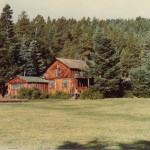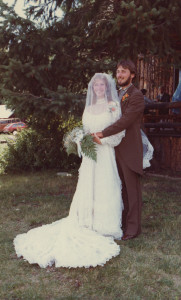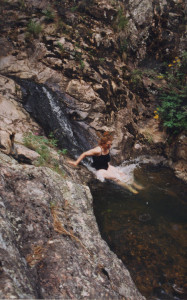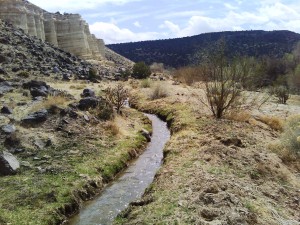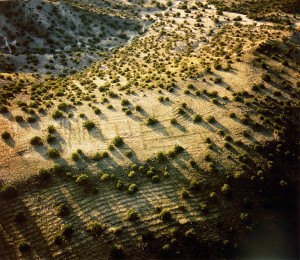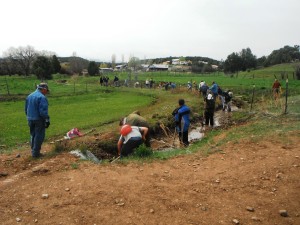by Annette (Root) Haggard
My parents bought Western Life Camp when I was eight years old. At the time I was shy and unsure of myself but from the moment we arrived I was filled up with the beauty that surrounded me. I remember hearing the water running in the river nearby and watching the breeze blowing through the pine trees. The majestic high mountain peaks, endless sky, solitude, and peace would affect deep changes within me.
There are so many ways that spending my summers as a child at the camp affected me. Each day campers were offered a variety of activities to attend. The choices of activities and the earning of ribbons that signified mastery at various levels of achievement improved my self-confidence. At first I chose activities like riflery and swimming which seemed to come more naturally. But gradually I selected activities like horseback riding and arts and crafts and surprised myself with the level of proficiency I developed. Hiking, backpacking, and overnight camping trips helped me to develop my own special relationship with the natural world around me. I gained a love for wildlife and all things natural that very strongly influenced my personality. Summer after summer of hiking changed me. Using humor to help conquer fatigue and pain or undesirable circumstances became a strength of mine. I became expert at turning negative experiences into hilarious stories to be enjoyed later with friends and family. Thanks to these positive experiences at WLC I came out of my teen years as a “Can Do” adult, knowing that I could face and accomplish whatever life put before me.
Another significant thing about “going to camp” was the people. The quality of people that I was surrounded with as a young person gave me numerous examples to follow and pattern my developing self after. As a young adult I became a counselor, instructor, and campfire leader. Later I directed camp activities and even married my husband at the very camp I had grown up attending. By this time I considered the camp my “heart home” and although my husband and I lived in several other locations, we were able to purchase the property next to the camp and don’t plan to ever leave “home” again.
I am a real water lover so, just as I did as a child, I still walk and sit in the river and enjoy slipping and sliding in special spots and water holes. I relish experiencing each of the four seasons and what they bring to these mountains. The warm summer days and nights, lying in a field of grass staring at the expanse of stars just overhead. The oak and aspen as they turn into oranges, yellows and browns and their leaves float gently away in the wind. The forest covered in sparkling snow and the river iced over with gurgling fresh water just beneath the surface. The perfect temperature of spring as flowers, and trees begin to bud and bloom again.
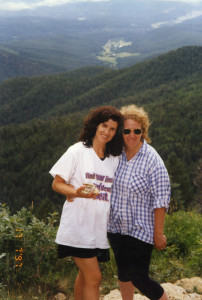 Most of my life-long friends are people I shared camp experiences with in my youth. What a rich gift to my life they are. A shared background of exploration, discovery, teamwork, and personal growth provided the training ground for developing important relationships and interpersonal skills.
Most of my life-long friends are people I shared camp experiences with in my youth. What a rich gift to my life they are. A shared background of exploration, discovery, teamwork, and personal growth provided the training ground for developing important relationships and interpersonal skills.
Today, Western Life Camp offers lodging for groups of all ages and interests from family reunions to church retreats, academic groups to sports camps. Just as it affected me, I know your experience at the camp will affect you in positive and memorable ways.
I think the time spent at the camp really gets inside you. The memories you create over a few days, a week, or if you were lucky enough to be there for summers, as I was, become part of who you are and who you will become. I encourage you to come spend some time with us at Western Life Camp. You will be inspired invigorated and renewed!

